Intertwined interests
Observers said the European Commission's reckless move is blatant government intervention in the market and jeopardizes the China-EU automotive supply and value chain, which took years to develop into its current landscape and whose bilateral business interests are closely intertwined. They warned the risks of spillover and chain reactions.
A number of European companies other than the automotive sector have also expressed concern.
Following the tariff announcement, dairy producers and pork exporters are on high alert for potential retaliatory tariffs from China, Reuters reported on Thursday.
A spokesperson with Europe's Airbus said that trade tensions were challenging for global businesses.
"Despite internal opposition, the European Commission has been headstrong in imposing tariffs on Chinese EVs. The move harms European consumers' interests and will not help resolve China-EU disputes in the EV sector through negotiations, potentially leading to a lose-lose situation," Ding Chun, director of the Center for European Studies at Fudan University, told the Global Times on Thursday.
The main opposition to tariffs came from carmakers with interests in the Chinese market and those with strong competitive advantages, Ding noted. "This decision could affect their market revenue and cooperation with Chinese car manufacturers and battery production companies in the EV sector, which also creates obstacles for them to enhance their own competitiveness," he said.
Many of the leading European automakers have invested heavily in China and in recent years particularly in the NEV supply chain. Many auto parts suppliers in the EU also benefited from the arrival on the stage of China's emerging brands, many of which are EV makers.
According to a report by Mercator Institute for China Studies and Rhodium Group, greenfield investment accounted for as much as 78 percent of all Chinese investment into Europe in 2023. Many of these new factories are related to the NEV industries, such as battery production facilities.
Netherlands-headquartered European automaker Stellantis said in a statement it sent to the Global Times on Thursday that "as a global company, Stellantis believes in free and fair competition in a worldwide trade environment and does not support measures that contribute to the world's fragmentation."
"We strongly oppose the use of increased tariffs as a strategy to obstruct the normal global trade of electric vehicles. This approach hinders rather than promotes global environmental protection, emission reduction, and sustainable development," Chinese EV maker Nio said in a statement sent to the Global Times on Thursday.
SAIC and Geely issued separate statements on Thursday, expressing their disappointment and urging the EC to carefully consider its decision."
"The swift and loud opposition from EU industries and member countries is a reminder that the EC's politically charged probe could not even garner the support of those it claimed to protect," Cui Hongjian, a professor at the Academy of Regional and Global Governance with Beijing Foreign Studies University, told the Global Times on Thursday.
Chinese and European companies, especially German automakers, have in-depth cooperation in the field of EV, and some of China's EV production capacity has "mixed blood" from European capital and technology, Cui said.
"The tariff distorts normal market competition, is detrimental to the European automotive market and will undermine European EV competitiveness in the long run," Cui pointed out.
Dialogue the only path
Chinese officials and analysts said the only way for the EU to solve any trade dispute is through dialogues.
Cui said the probe, which lacked openness and consultation, reflected a lamentable fact that the EU has sped down the path of protectionism and unilateralism under the influence of the US.
Although the EC announcement suggests the tariffs won't land until early July and there is still time for a "solution," experts doubt the outcome given the tight timetable and EU politicians' limited energy following an election.
Cui expects that following the EC's excessive behavior from this probe, Chinese authorities are expected to respond, with retaliatory measures to be rolled out in the near future.










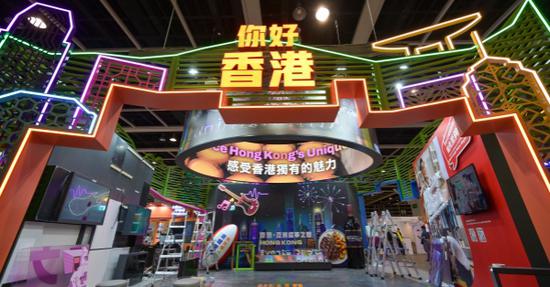
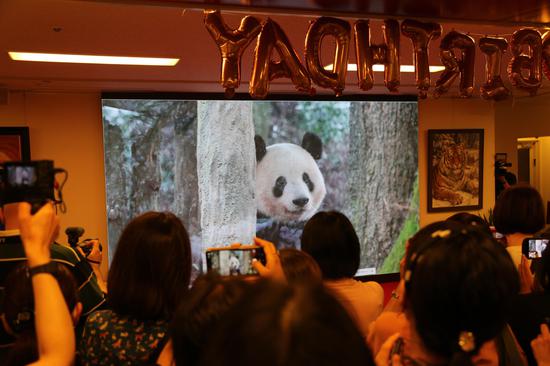
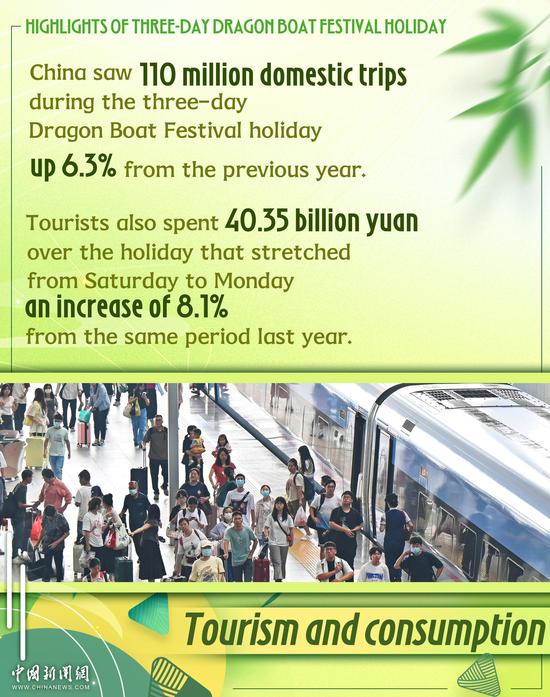

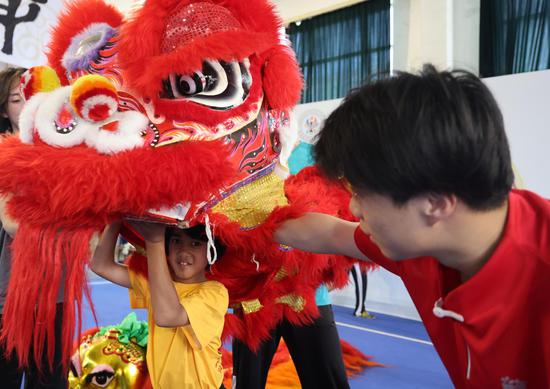
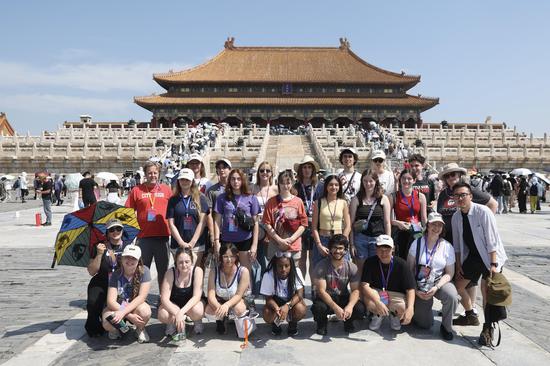
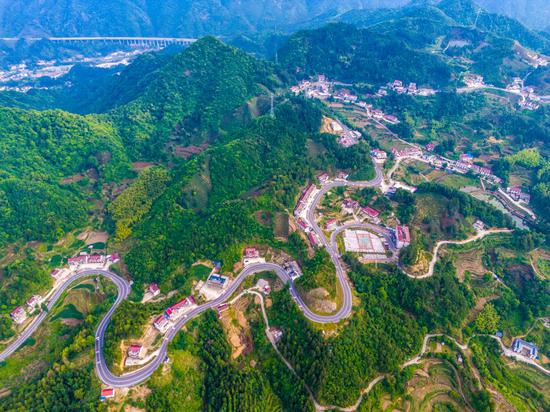


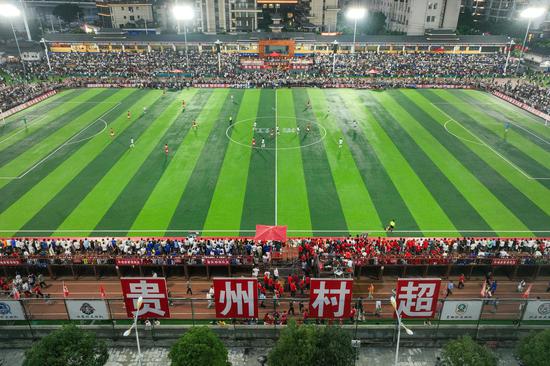

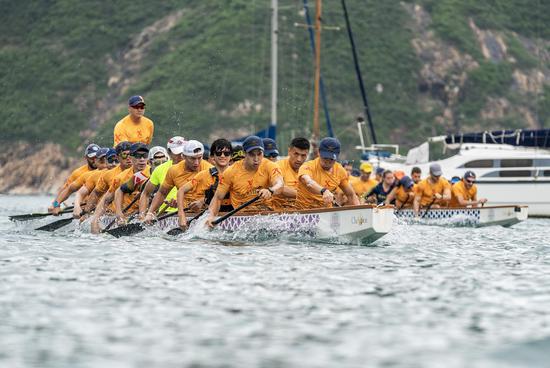

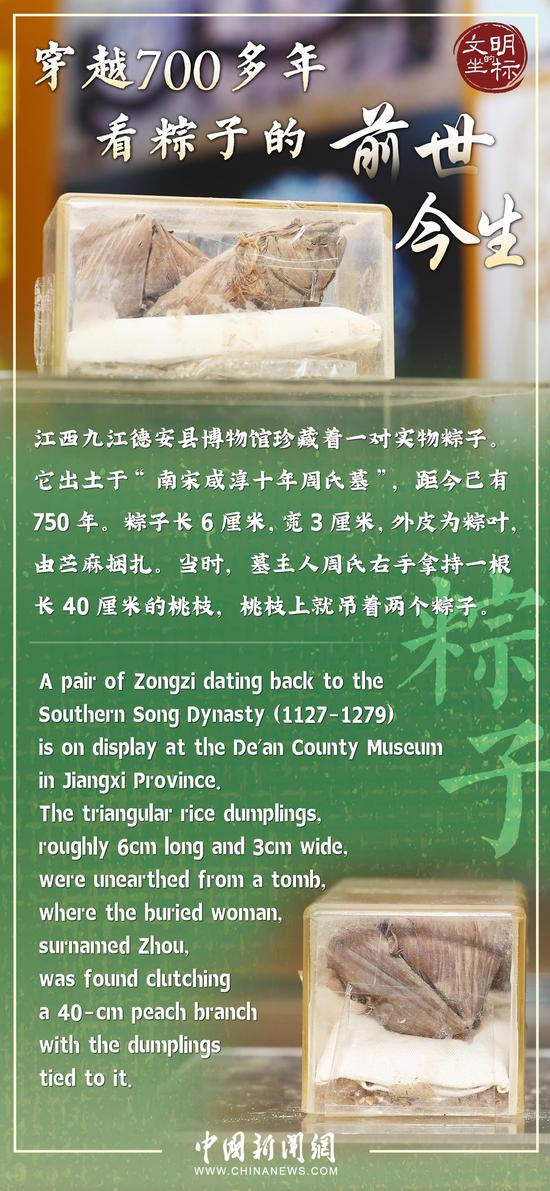

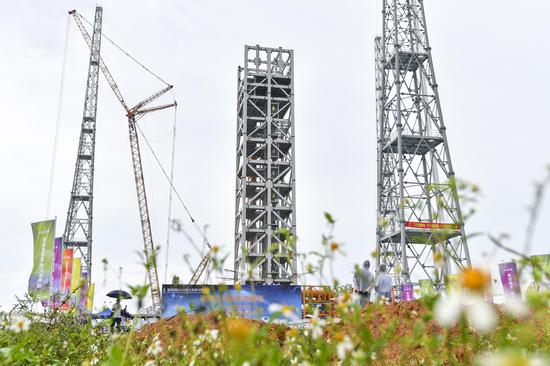


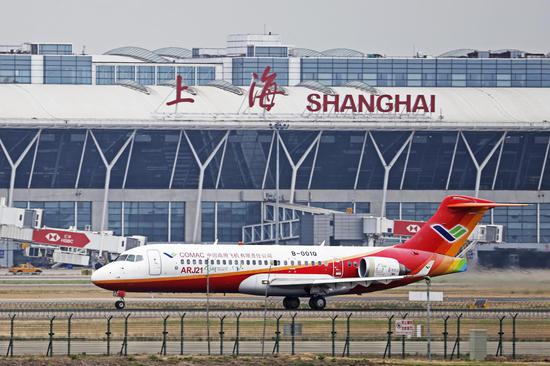



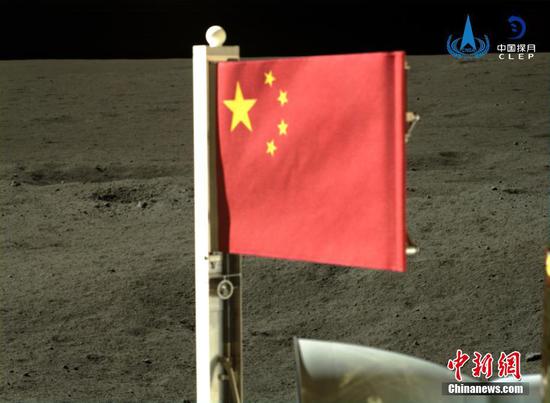
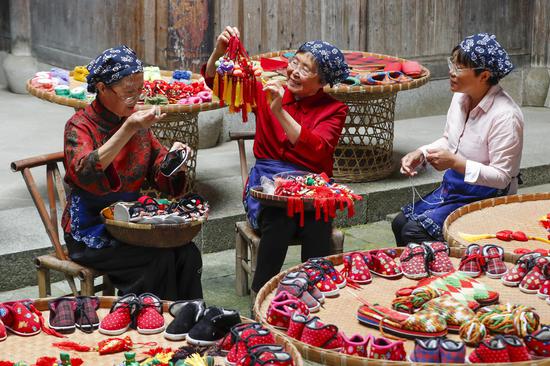

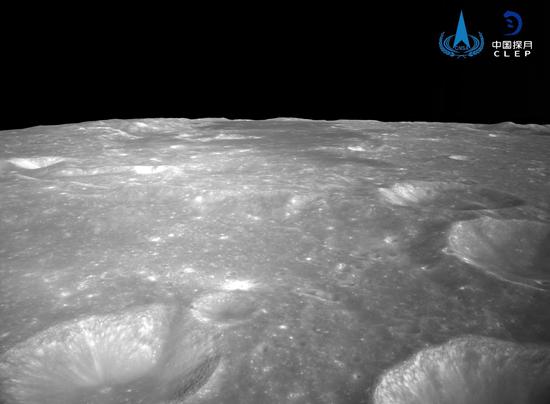
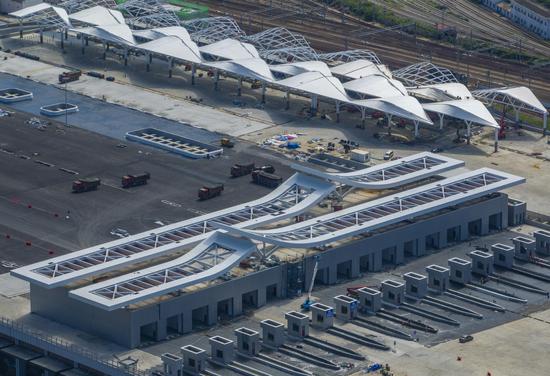
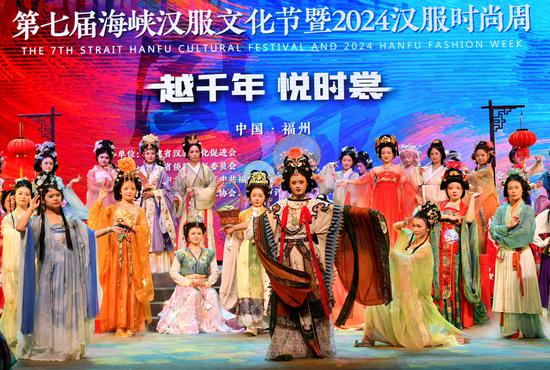
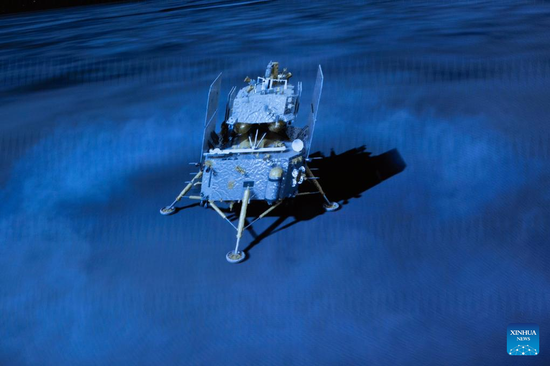
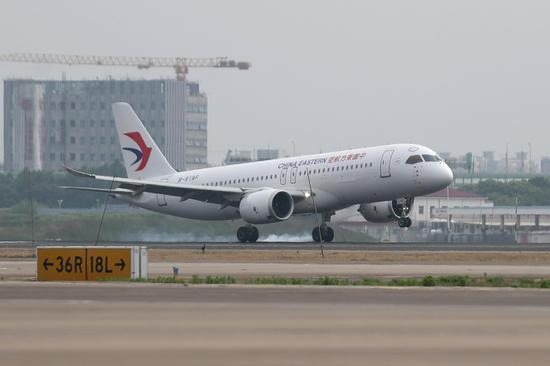

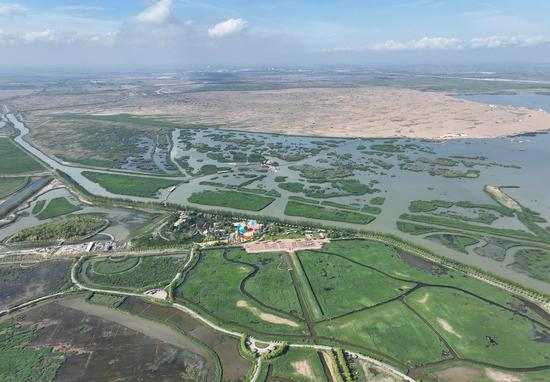
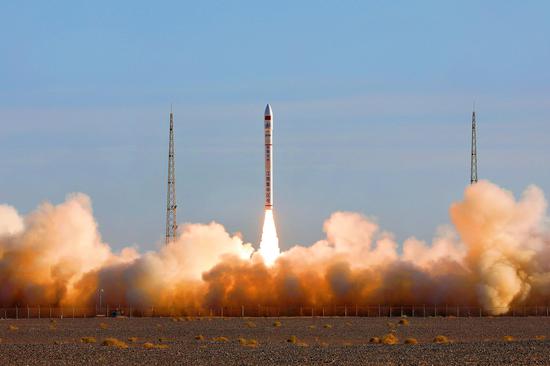
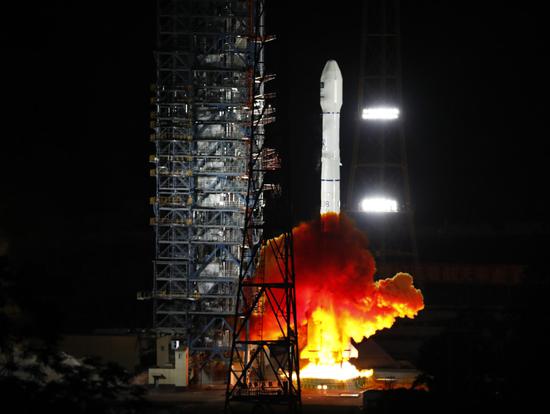
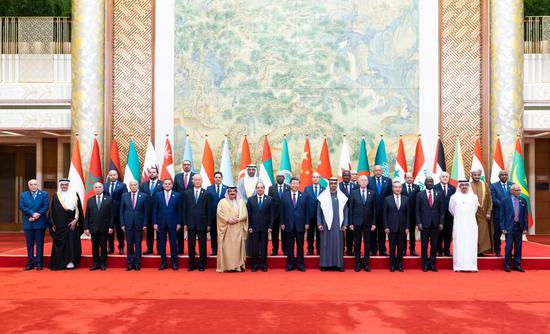





 京公网安备 11010202009201号
京公网安备 11010202009201号